Body of Christ: A Case for the Societal Acceptance of Consuming a Soul
Let me just start out by saying, I am not a Christian, but I did get dragged to church per my sorta Catholic father and my sorta Christian mother. But then the rest of my family is Jewish. Which makes me, confused. It’s no wonder I grew up being a failed diplomat. A peacemaker. A why can’t we be friends. I grew up seeing both sides. And each side just wants to love their family. I said love their family ::cough cough:: and live a safe and happy life. For the most part we hear someone singing in our veins. Be it an angel or a cantor. I know in my heart, there is something more. How crushing that our lives have resulted in the destruction of one another, when we’ve sang the same song, in different tongues.
So let’s talk about the Eucharist, also known as Holy Communion, which is a central rite in Christian worship, symbolizing the body and blood of Jesus Christ. This sacred tradition, rooted in the Last Supper of Christ with his disciples, has been a cornerstone of Christian faith for centuries, embodying deep spiritual meaning and theological significance. Importantly, the Eucharist is understood not as a literal act of cannibalism but as a profound symbolic and spiritual practice. I’m saying this write now so that you all know this isn’t a goofy tease at Christianity, and no I’m not trying to be disrespectful. I am just laying out the foundation for larger pieces that have yet to be written. Consider this a Chapter two in the series.
Historical and Biblical Origins
The origins of the Eucharist are found in the New Testament, specifically in the accounts of the Last Supper, as detailed in the Synoptic Gospels and in 1 Corinthians. During this final meal, Jesus took bread, broke it, and gave it to his disciples, saying, "This is my body, which is given for you. Do this in remembrance of me." He then took the cup, saying, "This cup is the new covenant in my blood." These actions and words form the foundation of the Eucharist, a ritual re-enactment symbolizing the body and blood of Christ, steeped in spiritual and theological significance.
Theological Interpretations and Distinction from Cannibalism
Theologically, interpretations of the Eucharist vary among Christian denominations. For Roman Catholics, the doctrine of Transubstantiation suggests that the bread and wine become the body and blood of Christ in substance but not in physical form, a concept seen as a divine mystery rather than a physical reality. Protestant denominations view the Eucharist symbolically or as a spiritual presence. Crucially, in all interpretations, the Eucharist is a symbolic, spiritual act, distinct from any literal or secular understanding of cannibalism. The moral and ethical frameworks of Christianity clearly distinguish this sacramental practice from the physical consumption of flesh and blood.
Cultural and Spiritual Impact
Throughout history, the Eucharist has influenced culture, art, and spirituality, often depicted in great works of art and literature, reflecting its impact on the Christian imagination. It's a moment of communion not just with Christ but also within the community of believers, reinforcing a sense of belonging and shared faith. This sacrament emphasizes spiritual nourishment and unity, highlighting the difference between symbolic religious practice and literal physical acts.
The Eucharist, as a representation of consuming the Body of Christ, is a powerful testament to the depth and mystery of the Christian faith. Its interpretation as a spiritual and symbolic act, rather than a literal consumption, aligns with the moral and ethical values of Christianity. From its biblical roots to its theological interpretations and its broad impact on culture and spirituality, the Eucharist remains a vital and deeply revered sacrament in the Christian tradition, embodying a profound spiritual symbolism far removed from any literal or physical implications.

